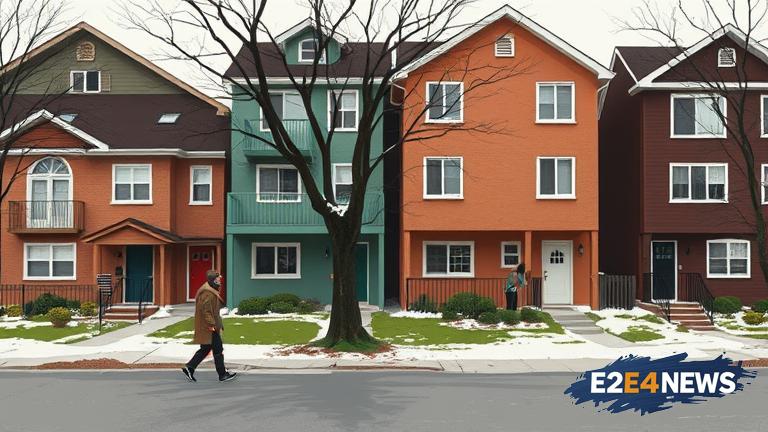A recent report has shed light on the alarming disparities in social housing allocation in the UK, with homeless black families being significantly less likely to receive social housing compared to white families. This disparity is a stark reminder of the systemic inequalities that persist in the country’s social housing system. According to the report, homeless black families are less than half as likely to be allocated social housing, with many being forced to rely on temporary or insecure accommodation. The reasons behind this disparity are complex and multifaceted, with factors such as racial bias, socioeconomic status, and lack of access to information and resources all playing a role. The report’s findings are based on an analysis of data from local authorities and housing associations, which revealed a significant gap in the allocation of social housing between black and white families. The disparity is particularly pronounced in certain regions, where black families are often concentrated in areas with limited access to social housing. The report’s authors have called for urgent action to address this disparity, including the implementation of policies and practices that promote greater diversity and inclusion in social housing allocation. They have also emphasized the need for greater transparency and accountability in the system, with more robust data collection and monitoring to track progress and identify areas for improvement. Furthermore, the report highlights the need for increased funding and resources to support homeless black families, including access to counseling, education, and employment services. The UK government has faced criticism for its handling of the social housing crisis, with many arguing that its policies have exacerbated the problem. In response to the report’s findings, a spokesperson for the government stated that it is committed to addressing the disparities in social housing and ensuring that all families have access to safe and secure accommodation. However, critics argue that more needs to be done to address the root causes of the problem, including systemic racism and socioeconomic inequality. The report’s findings have sparked a national conversation about the need for greater diversity and inclusion in social housing, with many calling for a fundamental overhaul of the system. As the debate continues, it is clear that urgent action is needed to address the disparities in social housing and ensure that all families have access to the support and resources they need to thrive. The report’s authors have emphasized the need for a collaborative approach, with government agencies, housing associations, and community organizations working together to address the complex issues underlying the disparity. Ultimately, the goal is to create a more equitable and just social housing system, where all families have an equal chance of accessing safe and secure accommodation, regardless of their race or background.
